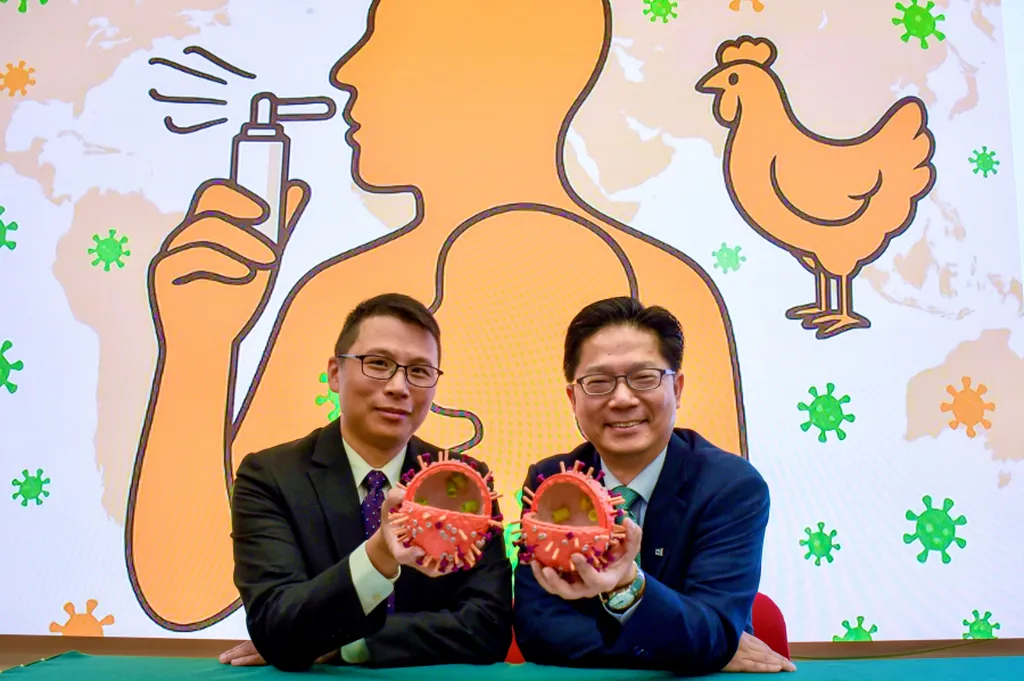In a significant stride towards combating a pervasive poultry disease, researchers have developed a novel approach using single-chain antibodies (scFv) to protect chickens against very virulent Infectious Bursal Disease Virus (vvIBDV). The study, led by Yue Li from the College of Veterinary Medicine at Northeast Agricultural University in China, was recently published in the journal *Poultry Science*.
Infectious Bursal Disease (IBD) is a major concern for the poultry industry, causing severe immunosuppression in young chickens and leading to substantial economic losses. The emergence of very virulent strains of IBDV has further complicated efforts to control the disease. Traditional vaccination methods have shown limitations, prompting researchers to explore innovative solutions.
The study focused on a specific scFv, named CRAb20, which has shown promising results in neutralizing vvIBDV. “The small molecular weight and strong penetration capabilities of scFv make it an ideal candidate for efficient expression through genetic engineering,” explained Li. The researchers utilized two different expression systems: a high-safety Lactobacillus system suitable for oral delivery and a high-expression Escherichia coli system.
The findings revealed that CRAb20 could significantly suppress the replication of IBDV in vitro. Moreover, oral administration of recombinant Lactobacillus expressing CRAb20 or intraperitoneal injection of recombinant CRAb20 provided substantial protection against vvIBDV in chickens. The treated birds showed improved survival rates and reduced damage to the bursa of Fabricius, a critical immune organ in birds.
The implications of this research for the agriculture sector are profound. “This study highlights the potential of scFv-based approaches as a promising strategy for controlling IBDV,” said Li. The use of genetically engineered Lactobacillus for oral delivery could revolutionize disease prevention in poultry, offering a more efficient and cost-effective solution compared to traditional methods.
The commercial impact of this research could be substantial. IBD is a global issue, affecting poultry farms worldwide and resulting in significant financial losses. The development of an effective and easily administrable treatment could mitigate these losses, benefiting both large-scale commercial operations and small-scale farmers.
Looking ahead, this research opens new avenues for the application of scFv technology in veterinary medicine. The success of CRAb20 in combating vvIBDV suggests that similar approaches could be explored for other viral diseases in poultry and potentially other livestock. The use of genetically engineered microorganisms for disease prevention and treatment represents a cutting-edge field with vast potential for innovation.
As the agriculture sector continues to grapple with the challenges posed by viral diseases, the findings of this study offer a beacon of hope. The work of Yue Li and colleagues not only advances our understanding of IBDV but also paves the way for the development of novel, effective, and sustainable solutions for disease control in poultry.

